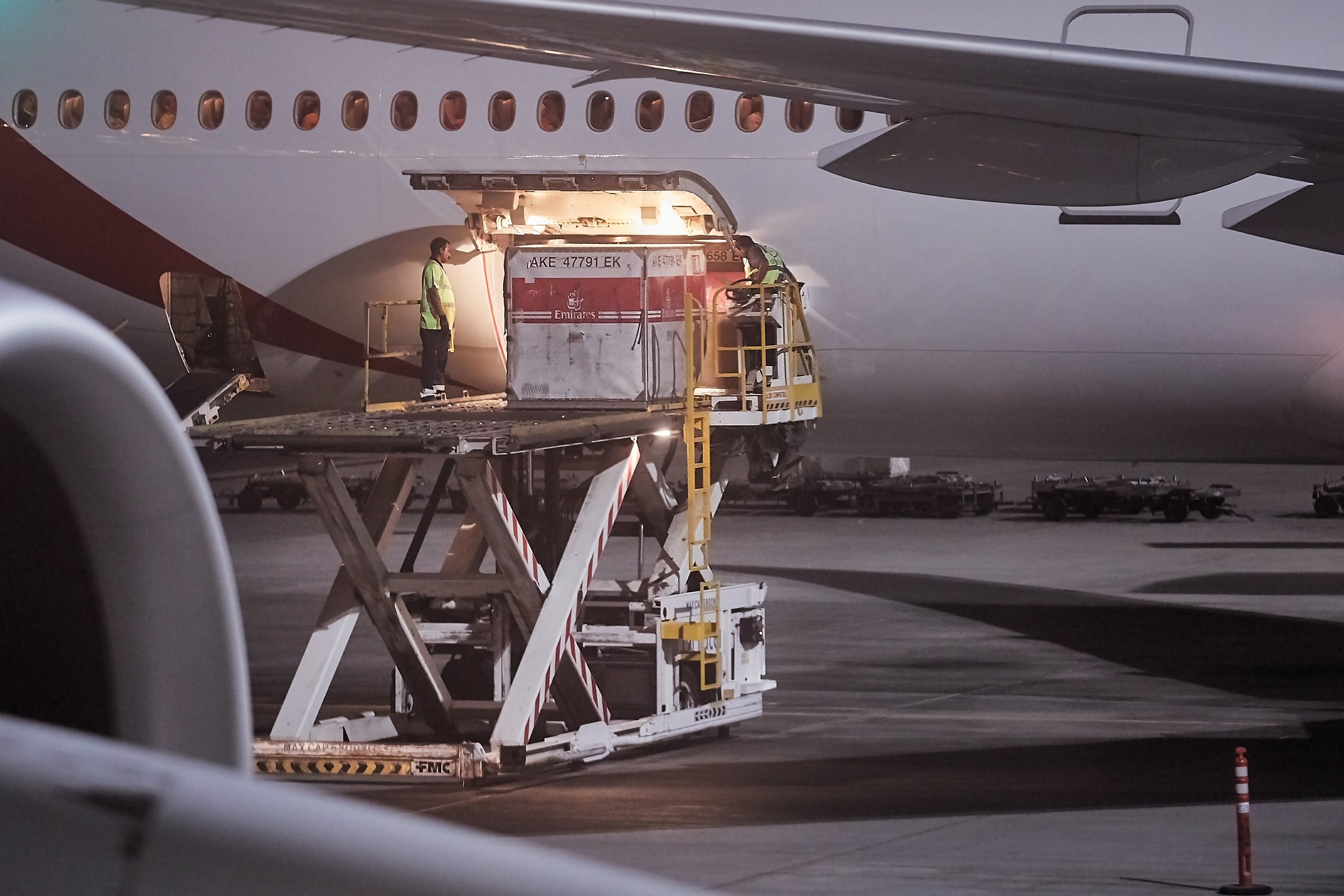Understanding Load Control in Aviation
In the aviation industry, Load Control is a critical process that ensures the safety and efficiency of flight operations. By maintaining the aircraft's weight and balance within permissible limits, Load Control plays a vital role in ensuring safe flight.
Read on to find out about the key aspects and importance of Load Control in aviation, and the services Miles Aviation Consulting Ltd and our team of ground handling and operations specialists can provide you.
What is Load Control?
Load Control is a systematic process aimed at verifying that the weight and balance conditions of an aircraft are correct and within prescribed limits. This process ensures that the aircraft is loaded according to the operator's procedures, regulations, and specific loading instructions for each flight. It involves a series of checks and balances to confirm that the information on the Loadsheet accurately reflects the actual load on the aircraft, including passengers, cargo, and fuel.
Weight and Balance Conditions:
The aircraft's weight and balance conditions must be within permissible limits to ensure stability and safety during flight.Adherence to Procedures:
The aircraft must be loaded in accordance with operator procedures, regulations, and specific flight loading instructions.Accuracy of Loadsheet:
The Loadsheet, which documents the load distribution on the aircraft, must correspond with the actual load, including passengers, cargo, and fuel.Data Verification:
All data and information on the Loadsheet must be accurate and correspond to the actual loaded state of the aircraft.
Key Steps in Load Control
Before each flight, Load Control ensures the following:
Load Planning
Developing a plan for how the aircraft will be loaded.Weight and Balance Calculation
Calculating the weight and balance of the aircraft to ensure it is within safe limits.Supervision of Loading
Overseeing the loading of the aircraft to ensure it follows the load plan and regulations.Finalisation of Documents
Checking and finalising the Loadsheet and other loading documents to ensure accuracy and compliance.
Subprocesses Involved in Load Control
Load Control involves several crucial subprocesses, including:
Load Planner
Responsible for developing the load plan and calculating weight and balance.Loading Supervisor
Oversees the actual loading of the aircraft.Aircraft Commander (Captain)
Ensures that all Load Control procedures are followed and that the aircraft is safe for flight.
In some operations, the Turnaround Coordinator may also play a role, acting as a liaison between the Load Planner, Loading Supervisor, and Aircraft Commander, and managing Last Minute Changes (LMC).
Stakeholders in Load Control
Load Control typically requires coordination among at least three key stakeholders:
Variations in Load Control Processes
There is no single method for producing weight and balance documentation and data. Each operator may use different methods and communication infrastructures for Load Control, which can vary significantly. Some operators receive their Loadsheet via ACARS (Aircraft Communications Addressing and Reporting System) after doors close or during taxiing. In these cases, robust Load Control processes and regulatory approval are essential, and the aircraft must not take off until the Loadsheet is received.
Load Control in Freight Operations
In freight operations, the loading and weight & balance calculations are often performed by a Loadmaster, a specialised role focused on managing the cargo load.
Training and Reassessment
All personnel involved in the Load Control process must be appropriately trained and periodically reassessed to maintain their competency and ensure the highest standards of safety and efficiency.
Conclusion
Load Control is a foundational process in aviation, critical to ensuring flight safety and operational efficiency. By adhering to rigorous procedures and maintaining accurate documentation, the aviation industry can ensure that each flight operates within safe weight and balance limits, safeguarding passengers, crew, and cargo.
Did you know…
We are specialists in de/anti-icing, ground operations and ground handling - and can provide your organisation with not only high-quality training courses, but documentation and ground operations manuals, audit services, and consulting/project support too. If you have a bespoke requirement and think we can help, don’t hesitate to get in touch with our team.
If you want to find out more about our high-quality training courses including management training, instructor training, and front-line staff training, please see our training page. Specific to load control, we offer the following courses:



